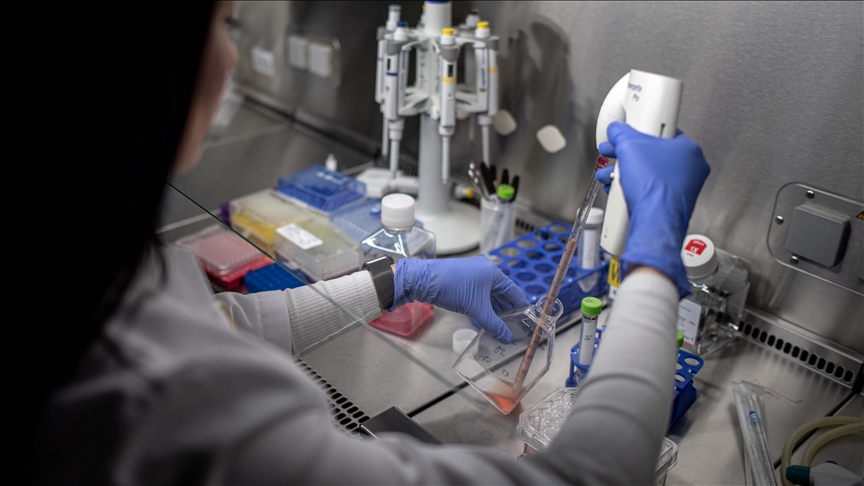Low youth participation in medical research may limit future treatments: Report
Gen-Z underrepresented in clinical trials, raising concerns over safety, effectiveness of therapies for young adults, experts say
 File Photo (By Lukas Kabon)
File Photo (By Lukas Kabon)
ISTANBUL
Millions of young people may miss access to safe and effective treatments due to low participation in medical research, The Guardian reported on Monday.
The report showed that Generation Z, born between the late 1990s and early 2000s, is largely underrepresented in clinical trials and health research.
Although people aged 18-24 account for 8% of England’s population, they represent only 4.4% of medical research participants.
While young adults are less likely to face life-threatening illnesses like cancer or heart disease, nearly half of those under 24 live with a long-term physical or mental health condition.
Kirsty Blenkins, deputy head of the Association for Young People’s Health, said those aged 24 and under face unique health challenges shaped by social pressures and inequalities.
She warned that low participation in research could result in treatments that are less safe or effective for this age group.
“This can lead to poorer health outcomes, delayed diagnosis, and reduced trust or engagement with healthcare systems,” she said.
Blenkins noted that the low rate of participation among Generation Z may stem from limited awareness, weak recruitment strategies, confidentiality concerns, and research practices that are not adapted to young adults.
Data from the National Institute of Health and Care Research (NIHR) show that between April 2021 and March 2024, only 32,879 adults aged 18–24 participated in 5,042 studies — averaging just seven young people per project.
In comparison, adults aged 85 and over, though only 2% of the population, made up 4.2% of research participants, with 32,031 joining studies over three years to 2024.
Experts warned that without young adults’ participation, future treatments and services may not meet their needs, as scientific advances are rapidly shaping therapies that differ from today’s standards.
Anadolu Agency website contains only a portion of the news stories offered to subscribers in the AA News Broadcasting System (HAS), and in summarized form. Please contact us for subscription options.

